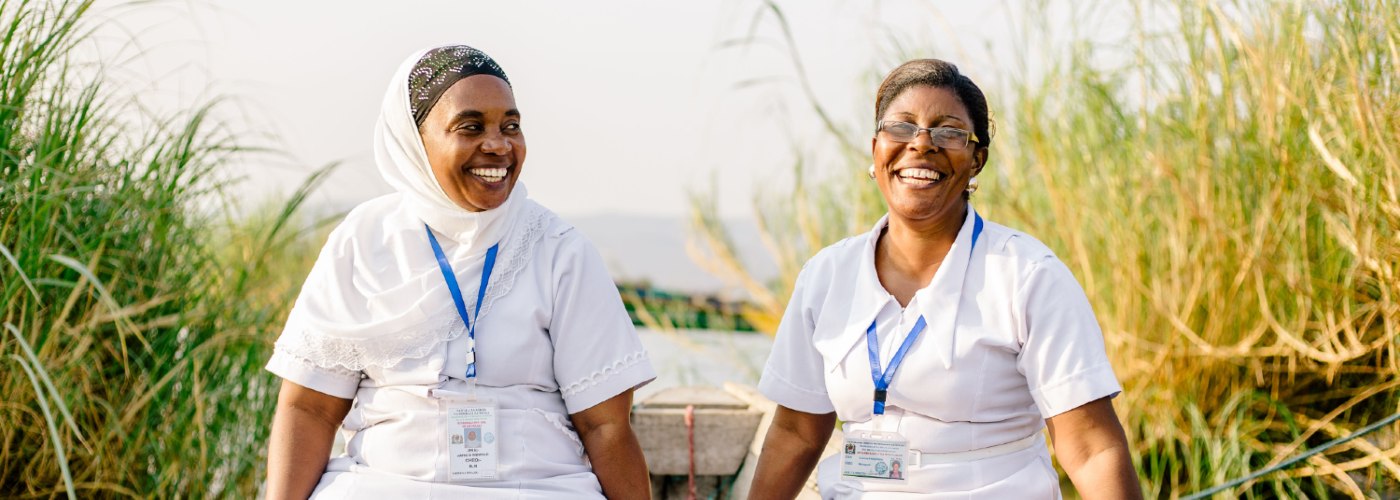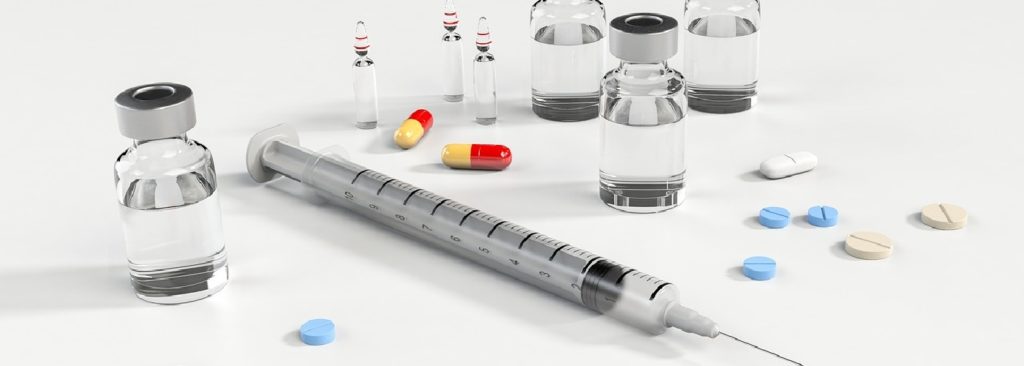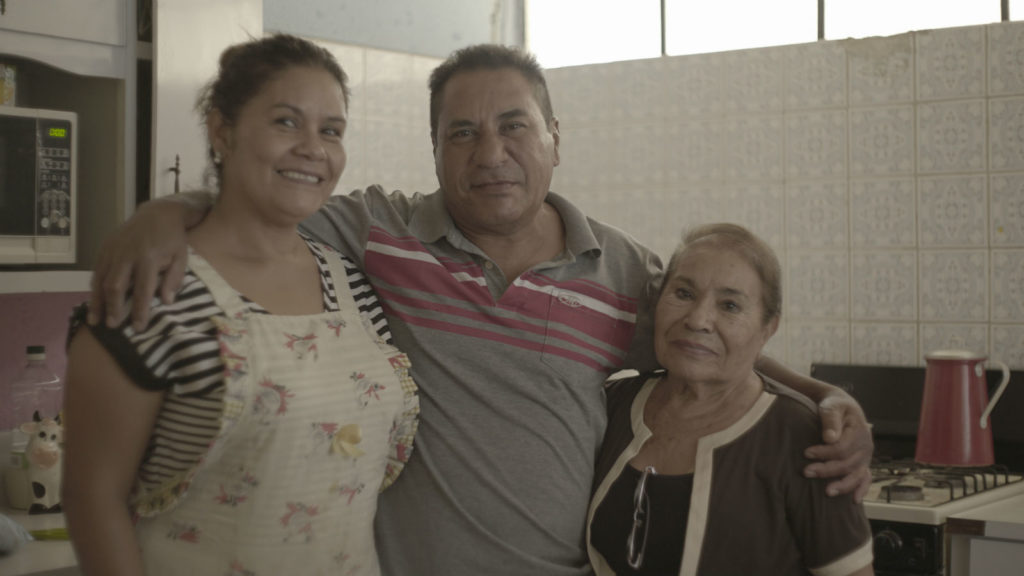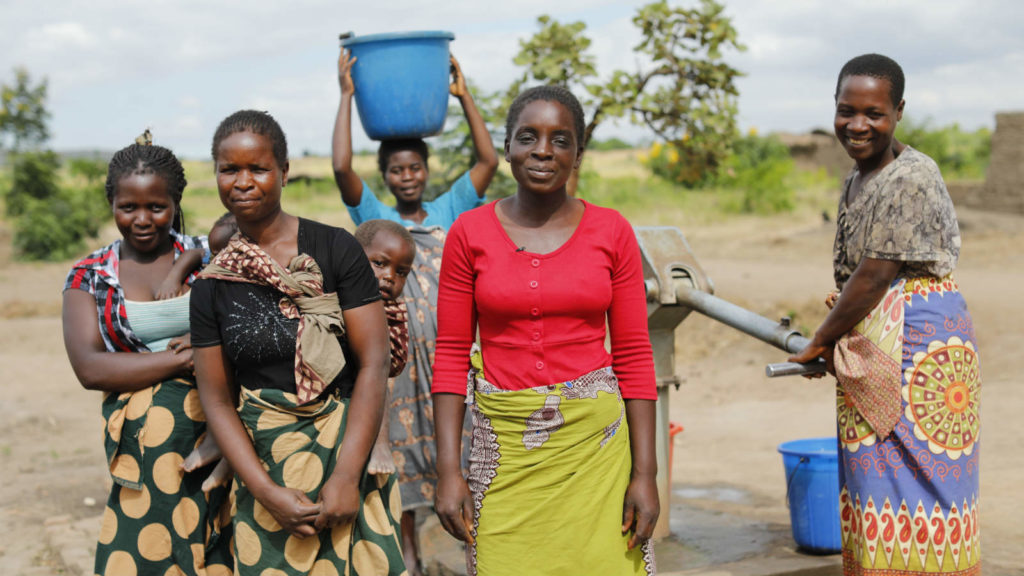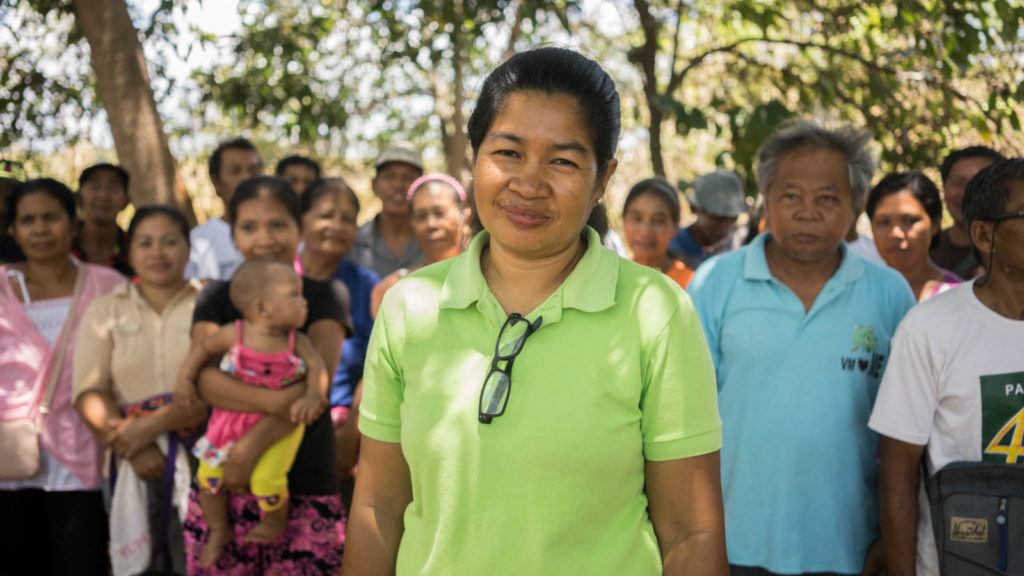By Daniel Dietrich, Program Manager, Open Up Contracting, and Conrad Zellmann, Program Development Manager, Freedom & Accountability.
As COVID-19 spreads throughout the world, the immediate priority is to ensure that health systems and emergency support measures are able to save lives. Then, the focus must turn to strengthening public health systems, and to addressing the longer-term economic, social and political impact of the crisis.
Like many others in the field, we are considering the challenges and responses that may lie ahead for our transparency and accountability work. Especially in the short run, we see clear priorities. Looking further ahead we also we face much uncertainty. Rather than offering conclusions, we want to share here the directions we are (and will keep) thinking about with colleagues and partners. We briefly consider the wider challenges, before turning specifically to the intersection of transparency, accountability and public health.
The wider context
Around the world, governments have restricted civic and press freedoms and suspended access to information rights. Established and aspiring authoritarians are using the public health emergency to entrench their power. A growing number of countries are deploying or exploring digital surveillance and analytics tools – many untested in terms of their effectiveness, human rights implications, or their business and governance models.
Governments are announcing emergency financial support packages to lessen the economic impacts of COVID-19. Yet, it is far from clear that these efforts will be sufficient and effective in addressing the impact on the most vulnerable populations. Or that they will be sustainable.
Experience from previous pandemics suggests that people in developing and emerging economies will be especially hard hit. But the fault lines will not only be between, but also within countries. Everywhere, the least privileged will suffer the harshest consequences of the pandemic.
There are at least three challenges that will remain beyond the immediate crisis that we will need to confront: reinstating rights suspended in the context of the public health emergency; getting governments to prioritize relief and support for the least economically secure people and civic institutions; and ensuring health care accessible for everyone.
In addressing these challenges, longstanding priorities of the transparency movement will be crucial: (re)building access to information; open and accountable public finance across tax, budgets and contracts; whistleblower protection; and investigative journalism. In our view, the crisis also heightens the need to connect transparency and accountability work with clear demands for inclusion and social justice. We need to build stronger collaboration with those beyond the transparency and accountability community, and ensure support for the local and national civic actors who lead this work.
Emergency public health procurement
The COVID-19 pandemic has put the importance of public health supply chains into sharp relief. Around the globe, health providers lack sufficient stocks of personal protective equipment and intensive care equipment. Public health officials are describing the situation on the procurement market for vital supplies as a ‘Wild West’ scenario: scarcity and urgent demand have sent prices rising sharply. Supply of critical inputs can be highly concentrated. Health providers have a limited overview of stocks and credible suppliers. If they don’t pool their purchases, they are forced to compete with one another. Richer countries are outbidding poorer ones for vital supplies. Corruption, speculation and profiteering by reckless actors won’t just cost money, it could cost lives.
How governments manage expedited purchases will play a major role in containing COVID-19 and saving lives. Even in emergency circumstances, all procurement must remain transparent and accountable. Where we’ve seen progress towards opening procurement information and processes prior to the current crisis, there are now strong models that ensure transparency and enable independent oversight in the COVID-19 response. This is critical, as the growing number of reports on corruption and fraud show.
We all depend on functioning health care systems. With that, come the purchasing contracts.
Inspiringly, activists and journalists around the world are quickly rising to these challenges. From Central America to Georgia, Ukraine, Kenya and beyond, civil society and independent media are monitoring the COVID-19 response and calling for contract transparency. These actions are crucial in the immediate response. As we move out of the crisis, they will remain essential. Alongside other critical measures for transparency and accountability, they contribute to realizing universal health care, overcoming the current crisis and preparing for future pandemics.
As Eduardo Martín-Borregón of the Mexico City-based civil society organization PODER puts it, “We all depend on functioning health care systems. With that, come the purchasing contracts. We want to see how the right to health is guaranteed through those contracts.”
Strengthening public health systems
The current crisis also highlights broader challenges, including structural underinvestment in public health. Policies that prioritized savings and/or marketization have resulted in fewer hospital beds, reduced stockpiles and increased reliance on just-in-time delivery of essential equipment and medicines.
More than half of the world’s people do not receive all of the essential health services they need.
To achieve Sustainable Development Goal 3, estimated additional financing needs for low and middle income countries’ health systems amount to US$371 billion per year. Catastrophic out-of-pocket health spending has been rising and affects almost a billion people. Low and middle income country health systems are structurally underfinanced and increasingly privatized – despite broad consensus that health markets in themselves do not produce efficient or equitable outcomes. More than half of the world’s people do not receive all of the essential health services they need.
For example, access to sexual and reproductive health services is expected to be inadequate for almost everyone of reproductive age during their lifetime. Stigma, social discrimination and unequal gender norms marginalize the voices and health care needs of the most vulnerable. Community participation and inclusion of the needs of women and girls are critical for pandemic preparedness, but sorely lacking. During and after the COVID-19 crisis, disruption of services, diversion of resources, and continued discriminatory policies could lead to increased rates of unsafe abortions, sexually transmitted diseases, and maternal and infant mortality.
Looking ahead
Leading specialists see both grounds for optimism and huge challenges ahead for public health. Increased investment and accountability will be critical to achieving universal health care, and to confronting future emergencies.
Fighting corruption in healthcare is about saving lives. Robust efforts are needed to stop the loss of approximately US$455 billion globally to health care fraud and abuse every year. Better contracting can bring significant savings for health care budgets. Modern transparency and participation mechanisms are necessary to build evidence and advocate for alternatives to policies that fail too many people.
At the same time, we need to be humble. These measures have to be part of wider efforts to strengthen health care systems, based on progressive policy. Investment is needed in staff, training, facilities, equipment, public data systems and research. And we have to change public attitudes and policies to end the stigmatization of vulnerable populations.
Learning from the response to the HIV pandemic
We need to be ambitious. We should engage much more closely with people and problems to learn from them. And join forces with the people and organizations confronting the most serious challenges in accessing and providing essential health services.
One such area is the response to the HIV/AIDS pandemic. Diverse activists are showing the way here, collaborating to use public contracting reforms and data to improve access to medicines and services, for example in Ukraine and Guatemala. For us, this is a key area to expand on. Such collaboration requires building understanding and trust among people and organizations with different priorities, languages and expertise.
Together, we have an opportunity to create much more support for strong, accountable public health systems. They are both the crucial defense against pandemics and the basis for everyone to enjoy the right to health – regardless of income, gender, sexual orientation, ethnicity or immigration status. Let’s redouble our collective efforts to achieve this, together.

